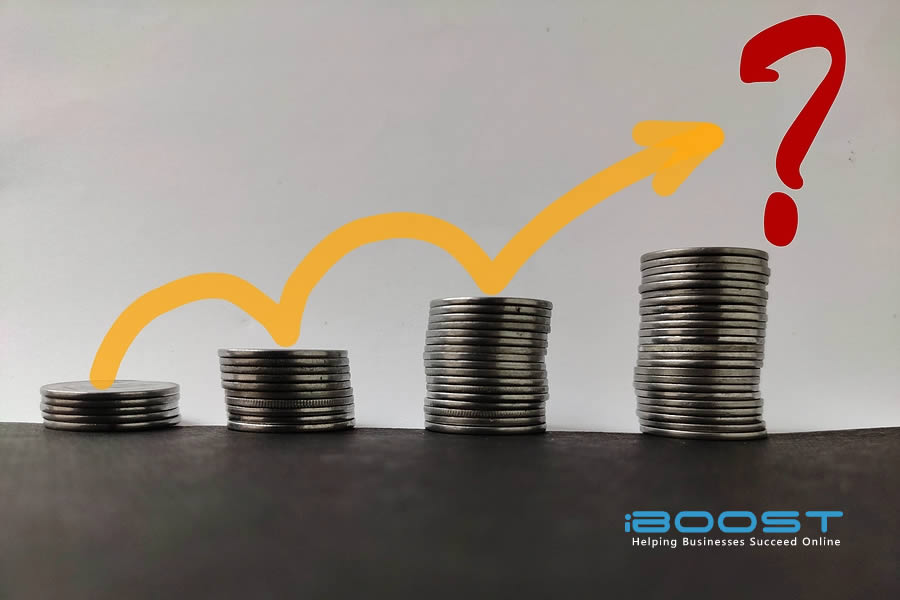Why is PPC Getting More Expensive?

Why is PPC Getting More Expensive?
With the growing popularity of Google Ads advertising, you may have noticed that campaigns have been getting more expensive over the years. Many different factors are contributing to the rising costs, some of which are beyond your control. However, by properly managing the things that you can control, you can decrease your ad budget and get a higher return on your investment. At iBoost, we offer professional PPC management for our clients. We enjoy helping them reduce marketing costs by streamlining the process of paid advertising on platforms like Google and Facebook. If you’ve been spending a fortune on PPC ads and aren’t getting the results you expected, read below for some tips on how to navigate the increasing expense of modern marketing campaigns.
Competition
It's no secret that competition is a major driving force behind pay per click inflation. As more and more advertisers enter the market, it becomes harder to get noticed in paid searches. This means that companies have to bid higher to show up on the first page of results.
Quality Score
The Quality Score is a metric that Google uses to determine how relevant your ads are to the keyword you are bidding on. It's a measure of how well your ad matches what users are searching for and how likely they are to click on it. If you have a low-quality score, it will cost more money to get people to click on your ads. You’ll also have lower click-through rates, making them less effective at converting customers.
Ad Placement
When you're running a PPC campaign, the placement of your ads is a factor in how much you're paying. Google has made significant changes to its ad placement over the years. In the past, they had smaller ads available on the right side of the search results page, but that has been eliminated entirely. Now, since ads are displayed above the fold, the costs are going to be higher than before since they will be displayed more prominently.
Keywords Usage
In the early days of digital marketing, the competition was fairly low when it came to certain keywords. Now that every business has an online presence, many relevant keywords are in high demand. Google has tried to combat this by changing the way the algorithm favors results based on the keywords used. For example, rather than looking for a perfect match, their system will look for broad matches that include similar keywords. This can cause some high-priced keywords to get watered down in the SERPs, making costs rise while being less effective for advertisers.
Conversion Rates Considerations
Thankfully, there is some good news. While the average price of campaigns has gone up in recent years, many of these costs have been offset by higher conversion rates. For example, if your PPC costs have increased by 10% in the last year, but you have seen a 15% increase in conversion rates, you may not see as much of a change in your overall cost per acquisition. In this case, you'll be spending more per click but getting more out of those clicks than before.
Combat Rising PPC Costs with Improved Campaign Strategies
At iBoost, we help companies like yours improve their campaigns so they can get more clicks at a lower cost per click, allowing you to spend less money while still getting better results. Our team is dedicated to helping your business succeed. If you need reliable PPC management, contact our professionals today and discover what we can do for you.
Share on:
leave your comments
Please Login to post your comments







comments